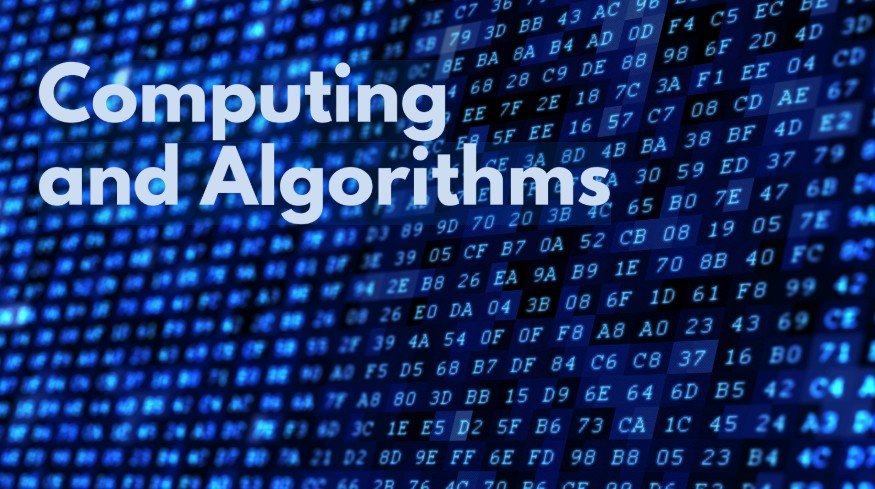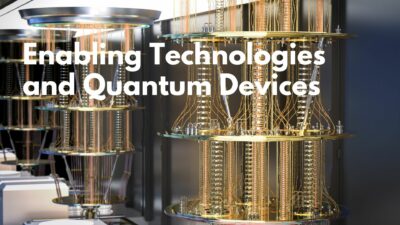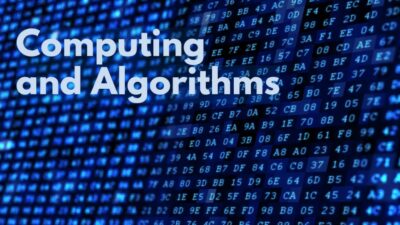The National Institute of Standards and Technology (NIST) has been a key player in the development of quantum information technology, which combines quantum physics and computing theory. NIST’s involvement dates back to the early days of the field and has continued as it transitions from a purely scientific endeavor to a technological one.
Quantum computers have the potential to revolutionize various industries by performing sophisticated simulations that could lead to new drugs and high-tech materials. However, they could also break current digital security systems, necessitating the development of post-quantum encryption methods. Quantum random-number generators could also produce unpredictable digits for encryption and other uses.
NIST’s broad scientific expertise and culture of collaboration have enabled the agency to lead the quantum information revolution. Partnerships between NIST and public universities have created dedicated research institutes that combine the potential of curiosity-driven research with the resources of the federal government. These institutes, such as JILA and the Joint Quantum Institute, are helping to train the next generation of workers in the field and are producing multidisciplinary collaborations.
Quantum mechanics revolutionized the 20th century by explaining the workings of very small objects and has spawned new sectors of the economy such as the semiconductor industry. Computing theory explores how efficiently mathematical problems can be solved with computers, specifically through the use of algorithms. The theory has been in development since the 1930s, when Alan Turing developed a model of computation that has come to be known as the Turing machine.
In 1994, Peter Shor realized that a quantum version of a computer could do something dramatically better than regular computers. Shor created an algorithm that could quickly crack the encryption schemes used for banking and other sensitive transactions. This discovery launched a race that bloomed into a new field, which is much more than devices that break old technology. Quantum computers could help scientists better understand important complex materials, advance artificial intelligence, and identify new efficiencies in supply chains and transportation.
Source: https://www.nist.gov/physics/introduction-new-quantum-revolution
Keywords: Quantum, Encryption, Simulation, Algorithms, Quantum Information



